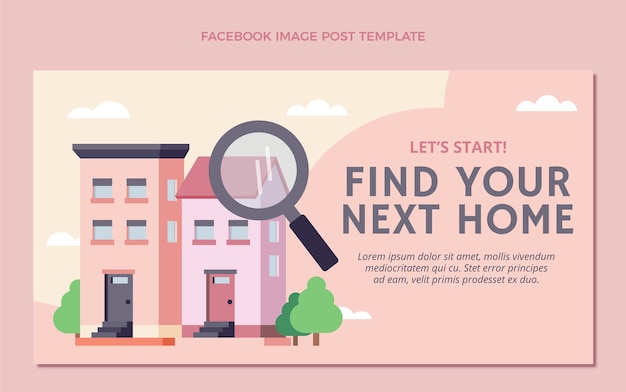Dreaming of retiring early with rental income? I did too, and it’s still a goal of mine. But before you jump into the world of real estate, it’s important to know what you’re getting into. Being a landlord isn’t as easy as it seems. Here are 11 challenges you might face:
-
Investing Capital: Buying investment properties requires a lot of cash. For instance, the median home price in the second quarter of 2021 was $374,900. If you borrowed 80% of that, you’d still need about $75,000 for the 20% down payment. And that doesn’t include closing costs, renovation costs, and carrying costs for the first few months.
-
Unexpected Costs and Negative Cash Flow: Once you have a tenant, you might think you can just sit back and collect rent. But that’s not the case. Property owners often refer to the "50% Rule" — about half of the rent goes to non-mortgage expenses like repairs, maintenance, property management costs, insurance, and taxes.
-
Rent Collection and Defaults: Not all tenants pay their rent on time. Some will pay on time sometimes, and others won’t pay at all. You need to be comfortable confronting your tenants and be ready to file for eviction if they fail to pay.
-
Slow, Costly Evictions: Evictions can be expensive and time-consuming. Even if you successfully evict a tenant, you can expect months of unpaid rents and utility bills, a messy rental unit, and possibly property damage or legal bills.
-
Tenant Damage: Tenants can cause a lot of damage, both intentionally and unintentionally. You might have to deal with clogged toilets, scratched floors, and holes in the walls.
-
Tenant Lawsuits: Tenants and even neighbors can sue landlords. To limit your risk, you should research asset protection strategies and follow building and safety codes in your jurisdiction.
-
Antagonistic Local Laws: Some cities have landlord-tenant laws that favor tenants. These can include lengthy eviction periods, rent controls, and strict security deposit rules.
-
Permits and Inspections: You might need to get permits and inspections for renovations. Some cities also require you to register all rental properties.
-
Managing Contractors and Repairs: Contractors can be difficult to manage. They might not show up when they say they will, and they might charge you extra costs halfway through a project.
-
Clean, Separate Accounting: If you buy a property under a legal entity like an LLC, you need to keep the accounting separate from your personal expenses. Mixing business and personal funds can trigger an audit and nullify any asset protection provided by your legal entity.
-
Tax Complications: Investment properties come with tax advantages, but they also make your tax return more complex. You might need to spend more time on your taxes or pay an accountant more to prepare your return.
In conclusion, being a landlord isn’t for everyone. It comes with significant risks, costs, and time commitments. But it also has its advantages, like ongoing income, tax benefits, and diversification from stocks. If you’re not ready for direct ownership, consider indirect real estate investments like real estate crowdfunding.
